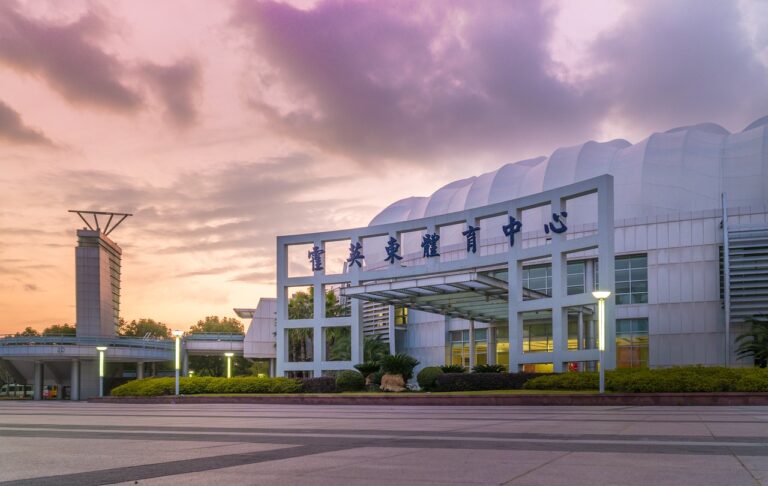The Impact of Artificial Intelligence on Hotel Revenue Forecasting: Play99exch, Lotus exchange login, Playexch.in
play99exch, lotus exchange login, playexch.in: The Impact of Artificial Intelligence on Hotel Revenue Forecasting
Artificial Intelligence (AI) has been revolutionizing various industries, and the hospitality sector is no exception. One area where AI has made a significant impact is revenue forecasting for hotels. By using advanced algorithms and machine learning techniques, AI can analyze vast amounts of data to predict future demand and optimize pricing strategies. Let’s take a closer look at how AI is transforming revenue forecasting for hotels.
Improving Accuracy and Efficiency
Traditional revenue forecasting methods are often labor-intensive and rely on historical data and manual analysis. This approach can be time-consuming and prone to errors. AI, on the other hand, can process large datasets in real-time and identify patterns that humans may overlook. By automating the forecasting process, AI not only improves accuracy but also frees up time for hotel staff to focus on other strategic tasks.
Dynamic Pricing
One of the key benefits of AI in revenue forecasting is its ability to implement dynamic pricing strategies. AI algorithms can adjust room rates based on factors such as demand, seasonality, competitor pricing, and even weather conditions. This dynamic pricing approach allows hotels to maximize revenue by pricing rooms at the optimal rate at any given time.
Personalized Recommendations
AI can also personalize pricing recommendations for individual guests based on their preferences and booking history. By analyzing customer data, AI can offer targeted promotions and discounts to incentivize bookings and maximize revenue. This level of personalization can help hotels build loyalty and increase customer satisfaction.
Optimizing Inventory Management
AI can help hotels optimize inventory management by predicting demand for different room types and amenities. By analyzing historical booking patterns and external factors, AI algorithms can suggest the ideal room mix to maximize revenue. This proactive approach ensures that hotels have the right inventory available at the right time to meet customer demand.
Enhancing Strategic Planning
AI can provide valuable insights for strategic planning by analyzing market trends and competitor data. By forecasting demand and pricing trends, hotels can make informed decisions about marketing campaigns, distribution channels, and revenue goals. AI can help hotels stay competitive in a rapidly changing market landscape.
FAQs
Q: How accurate is AI in revenue forecasting for hotels?
A: AI algorithms can significantly improve accuracy compared to traditional methods by analyzing vast amounts of data and identifying patterns in real-time.
Q: Is AI only beneficial for large hotels?
A: No, AI can benefit hotels of all sizes by optimizing pricing strategies, improving efficiency, and enhancing strategic planning.
Q: How can hotels implement AI for revenue forecasting?
A: Hotels can partner with AI software providers or invest in their own AI capabilities to implement advanced forecasting models.
Overall, AI is transforming revenue forecasting for hotels by improving accuracy, efficiency, and strategic planning. By leveraging AI algorithms, hotels can optimize pricing strategies, personalize recommendations, and stay competitive in a dynamic market environment. As technology continues to evolve, AI will play an increasingly critical role in driving revenue growth for hotels.







